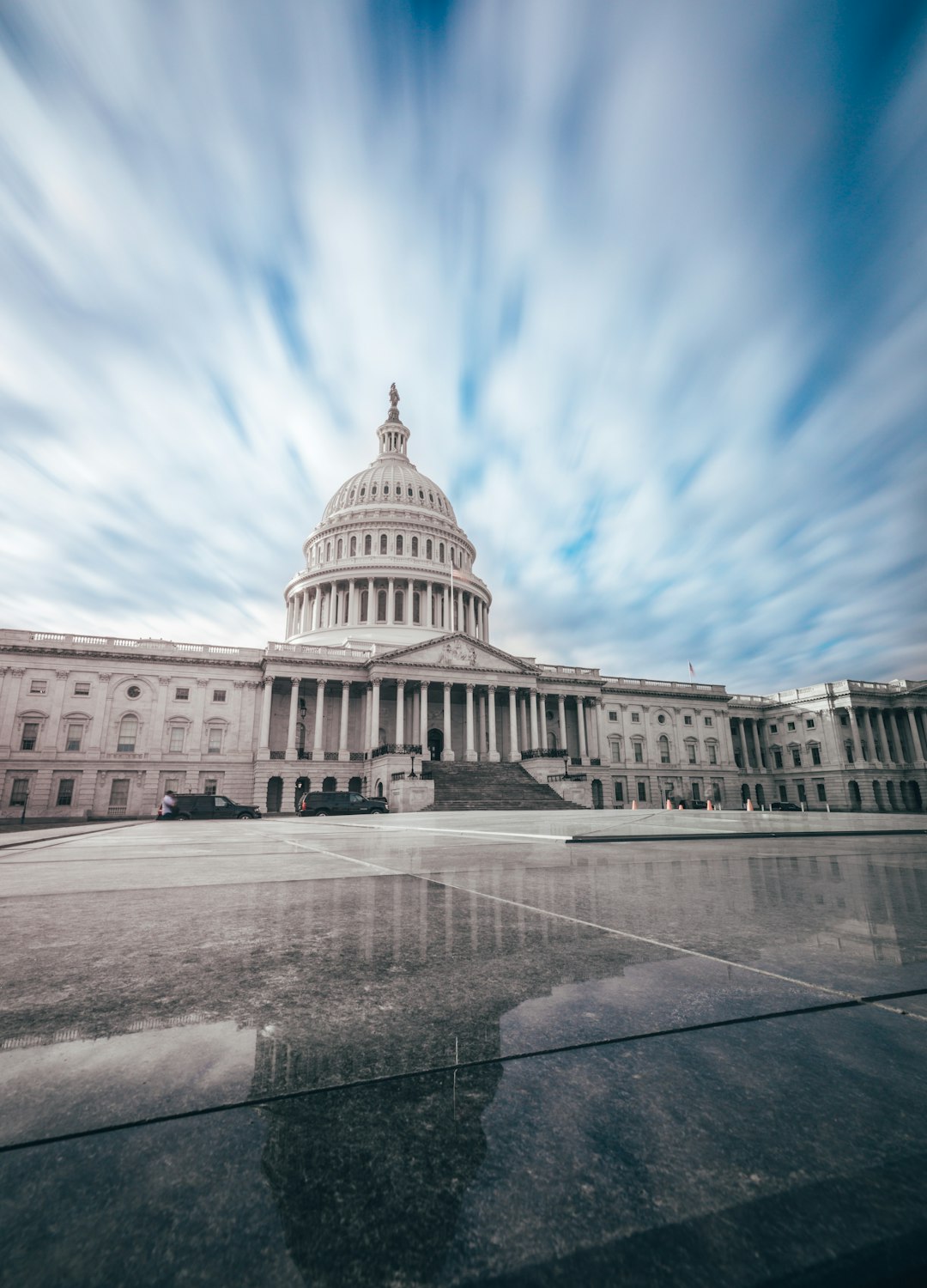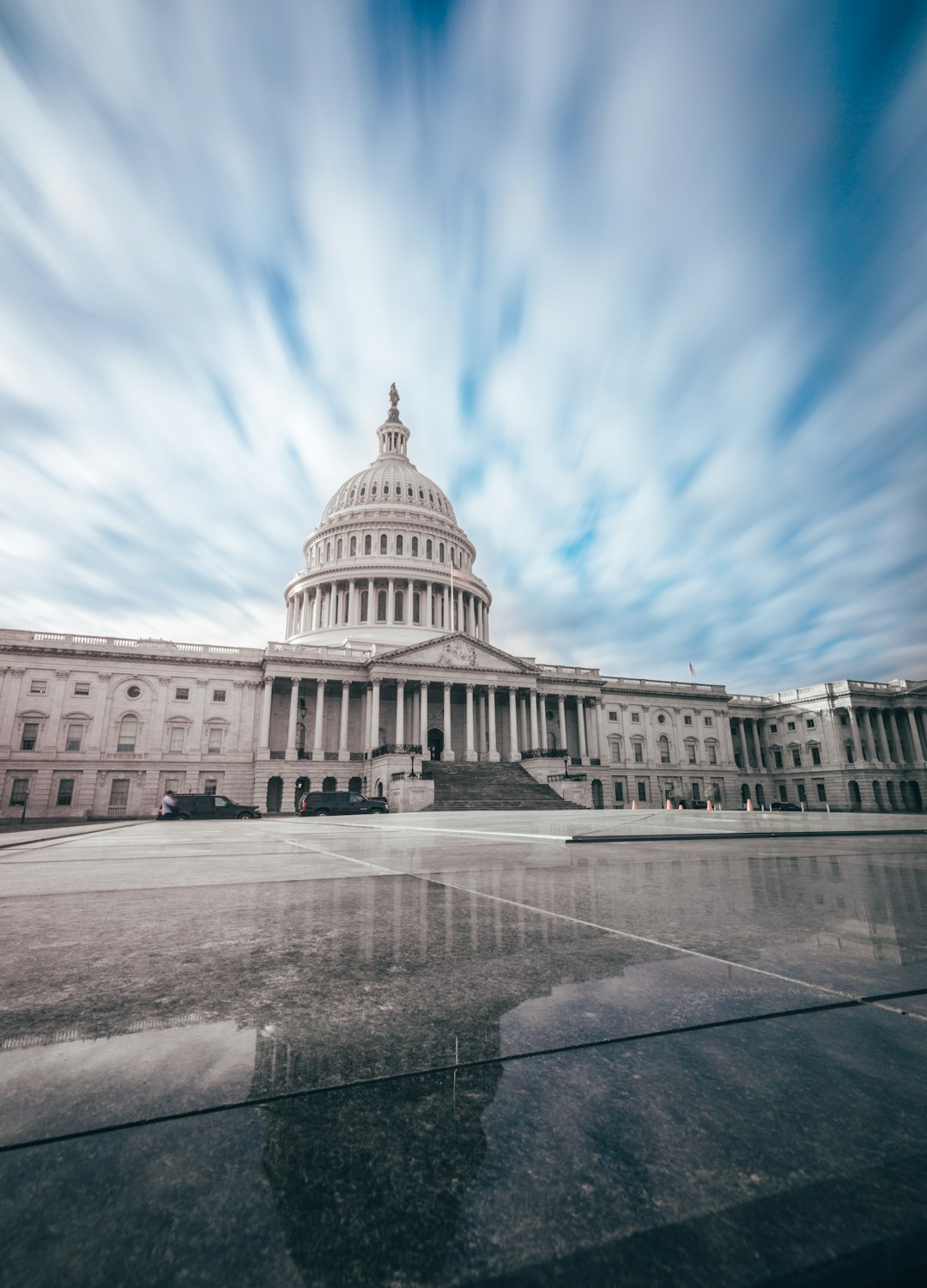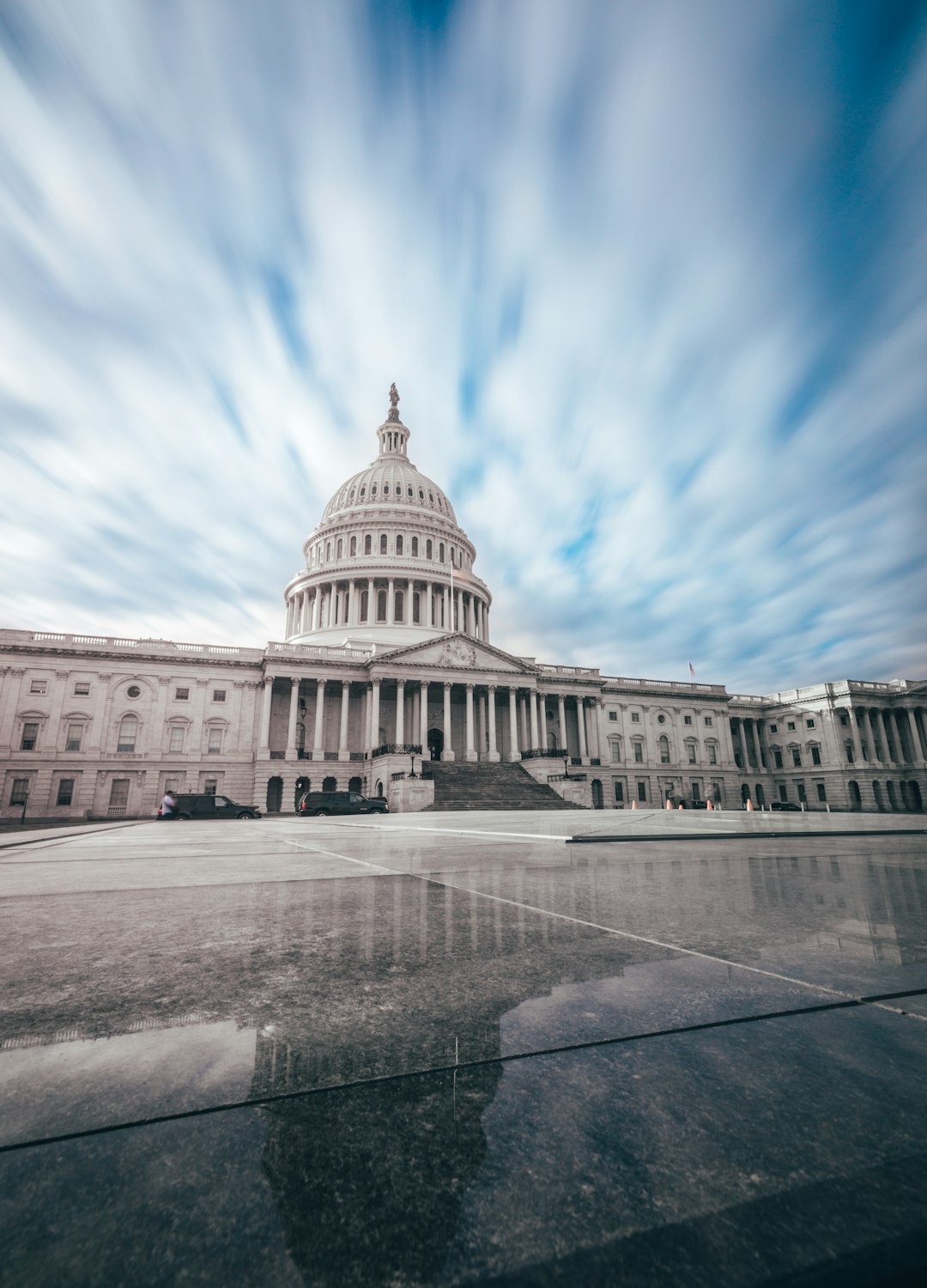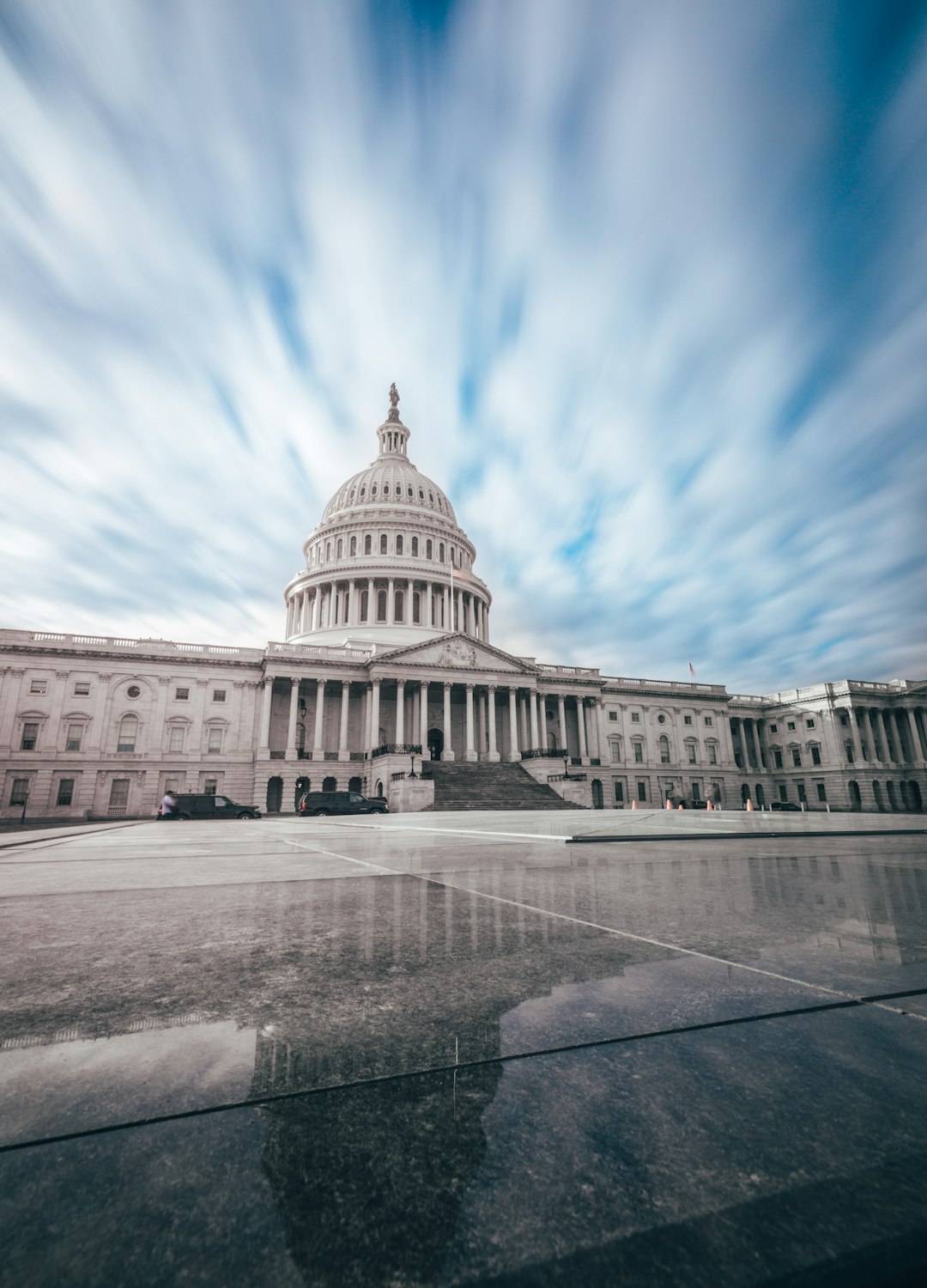Local governments in Washington State are fighting spam calls by collaborating with telecom law professionals to leverage legal tools like the TCPA. They aim to deter fraud, educate citizens about their rights, and provide reporting mechanisms & legal recourse against spam call lawyers and firms, ensuring a safer communication environment for residents. This multi-faceted approach includes advocating for stricter regulations, encouraging use of registered complaint systems, and offering access to spam call attorneys in Washington.
In today’s digital age, spam calls have become a pervasive nuisance, prompting individuals to seek effective solutions. Local governments play a pivotal role in combating this issue, as evidenced by the increasing demand for spam call lawyers and spam call attorneys in Washington. This article explores the authority of local entities in regulating spam calls, delves into relevant legal frameworks, and presents practical strategies that spam call law firms in Washington can implement to mitigate this growing concern. By understanding these measures, we can collectively work towards a quieter, more peaceful communication landscape.
The Power of Local Government in Regulating Spam Calls

Local governments play a significant role in combating the issue of spam calls, which have become a growing concern for residents across Washington State. With the ever-evolving landscape of telecommunications, regulatory bodies are equipped with the power to implement and enforce laws aimed at protecting consumers from unwanted and fraudulent phone communications.
In Washington, a dedicated team of legal professionals specializing in telecom law, such as those found in reputable spam call law firms, work closely with local governments to develop and strengthen anti-spam call initiatives. These experts can guide communities through the intricate web of regulations, ensuring that laws like the Telephone Consumer Protection Act (TCPA) are effectively utilized. By holding spam call lawyers accountable for their actions, local authorities can deter malicious practices and provide relief to citizens plagued by relentless telemarketing calls.
Legal Frameworks and Their Effectiveness Against Spam

Local governments, particularly in areas like Washington, play a pivotal role in combating spam calls through robust legal frameworks. These regulations empower authorities to take stringent measures against violators, including substantial fines and legal repercussions. The effectiveness of these laws lies in their ability to deter potential spammers and provide recourse for aggrieved individuals. By establishing clear guidelines and penalties, Washington state has incentivized responsible call practices among businesses and telecom companies.
Spam call lawyers and attorneys in Washington are instrumental in navigating these legal landscapes. They guide citizens on how to report spam calls, represent victims in legal actions against spammers, and advocate for stricter regulations. Moreover, these legal experts collaborate with local governments to ensure that the existing laws are comprehensive and up-to-date, keeping pace with evolving spamming techniques. This collective effort significantly contributes to creating a safer and more secure communication environment for residents across Washington.
Strategies Local Governments Can Implement to Combat Spam Calls

Local governments in Washington state have a significant role to play in combating the growing issue of spam calls. They can implement several effective strategies to protect residents from unsolicited telephone marketing and robocalls, which often fall under the category of telemarketing fraud. One powerful approach is to educate citizens about their rights and the legal frameworks in place to combat spam calls. Washington state laws, including provisions specific to telemarketing and consumer protection, offer resources that can empower individuals to take action against these annoying and illegal practices. Governments can facilitate awareness campaigns, providing clear guidelines on how residents can report spam calls and what steps they should take if they suspect fraudulent activities.
Moreover, local authorities can collaborate with telecommunications providers and law enforcement agencies to enhance call screening and blocking technologies. By advocating for more robust anti-spam call tools and stricter regulations, governments can contribute to the development of an environment where such practices are less prevalent. Encouraging residents to use registered complaint systems and offering legal support through spam call lawyers in Washington can also deter potential offenders. This multi-faceted approach ensures that citizens have access to both preventive measures and legal recourse when dealing with spam calls.






